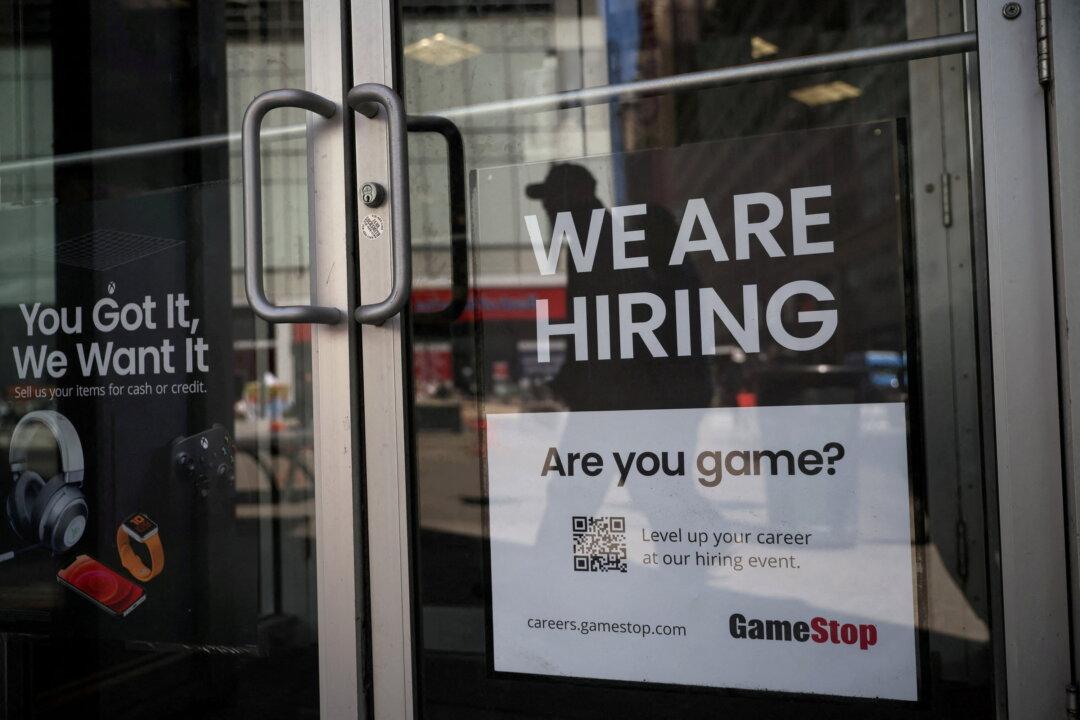Almost 4,000 American jobs were lost last month following the use of artificial intelligence (AI), according to a recent report, as businesses increasingly consider deploying AI in their regular operations.
U.S.-based employers announced 80,089 job cuts in May, out of which 3,900 reductions were blamed on artificial intelligence, according to a May 2023 layoffs report (pdf) by outplacement firm Challenger, Gray & Christmas Inc. AI accounted for 4.86 percent of overall job cuts last month. This is the first time that AI was mentioned as a reason for layoffs by the HR firm. The report comes at a time when companies are increasingly exploring the potential of using AI at various levels of their organization.





